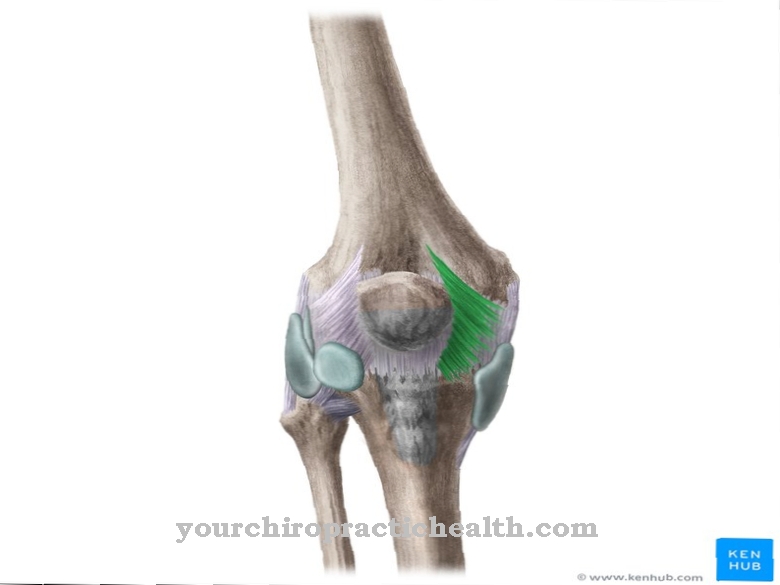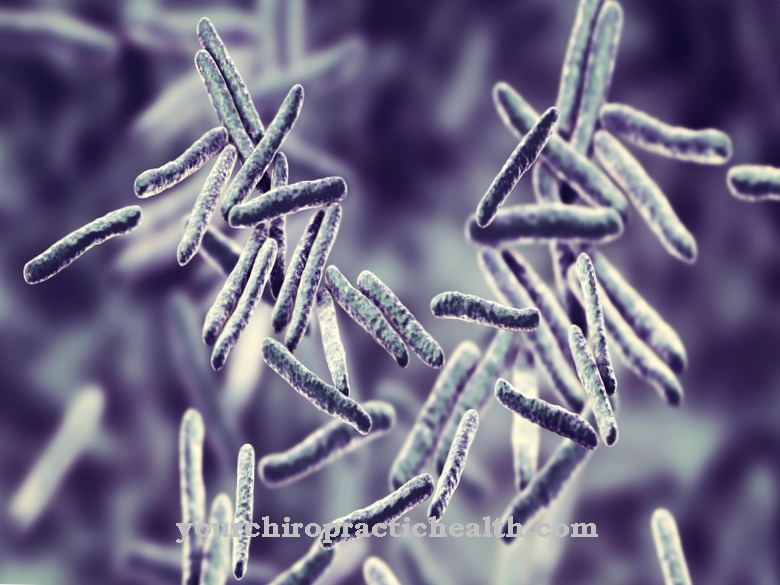Muscle aches or Myalgias can have many causes. After all, people have around 650 different muscles in their bodies that serve very different functions. Each of these muscles can be acutely or chronically tense, permanently hardened or painful for other reasons. The harmless reasons for myalgia can include exercise-related overload, acute or chronic mineral deficiencies or stress-related tension. Muscle pain or myalgia can also result from severe nerve and muscle diseases.
What is muscle pain?

By the term myalgia we mean all muscle pain, as the doctor calls it. In most cases, myalgias are the result of excessive physical activity, a lack of minerals or other symptoms as a result of other illnesses.
But sometimes they are also a typical key symptom for a disease. Therefore, myalgias are difficult to differentiate between their causes. They require intensive diagnostics and anamnesis. Myalgias can also result from joint diseases or broken bones.
causes
A variety of factors can be named as the cause of acute myalgia or chronic muscle pain. Fibromyalgia is one of the myalgias that affect the whole body. These muscle pains all over the body can now be diagnosed using specific trigger points or typical tender points.
It is not yet known how such pronounced myalgias come about. The psyche may be involved. Myofascial pain syndrome is the term used to describe muscle pain that is focused on specific muscle areas or trigger points. This form of myalgia manifests itself as tenderness and muscle twitching. Such myalgias are considered overload syndromes.
Myalgic encephalopathies are muscle pain that is seen in chronic fatigue syndrome (CFS). Whether they were caused by viruses, pesticides or something else has to be clarified. Muscle pain of varying degrees of severity can also be caused by too much nicotine, alcohol or poisoning. Myalgias and muscle spasms are also known among drug addicts.
Environmentally ill people often suffer from chronic myalgia due to massive magnesium breakdown, magnesium utilization disorders or lack of vital substances. The tetanus toxin, toxins such as strychnine, flu vaccinations, penicillin or certain drugs can also trigger muscle pain. Last but not least, so-called statins for high blood lipid levels can lead to myalgia as a side effect.
You can find your medication here
➔ Medicines for muscle painDiseases with this symptom
- Mineral deficiency
- Tetanus
- leprosy
- poliomyelitis
- multiple sclerosis
- flu
- Magnesium deficiency
- syphilis
- Parkinson's
- disc prolapse
- Fibromyalgia
- Torn hamstring
- Polymyositis
- Hypothyroidism
- Lumbago
course
The course of muscle pain can vary greatly depending on the cause. Some muscle pains creep up over the years. Other myalgias can occur suddenly. Myalgia caused by excessive strain is called sore muscles, while those occurring throughout the body can be called fibromyalgia.
If the myalgias arose as a consequence of taking medication or chronic poisoning, they are treated differently than if the muscle pain was caused by an illness. Infection-related myalgias disappear, for example, by treating the underlying disease.
Limb and muscle pain can accompany the real flu. Diseases caused by tick bites can sometimes be diagnosed on the basis of existing myalgia. Leptospirosis pathogens, trichinae in meat, or attacks of malaria can trigger myalgia.
Rheumatic diseases can also be associated with muscle pain. This results in a completely different therapy for the muscle pain.
Complications
Muscle pain often leads to complications and disorders within the entire daily routine. The possibilities of movement are restricted and contribute to an impairment of everyday processes such as managing the household. A protective behavior occurs that can lead to interpersonal problems.Everyday tasks are no longer performed or distributed to other people.
Leisure activities are decreasing and many people are retreating. A permanent experience of pain leads to emotional stress. Changes in behavior, fluctuations in mood, or emotional lows can occur. The symptoms often spread and thus visibly worsen the general state of health. In many patients, muscle pain leads to poor posture or one-sided stress on the body.
This can trigger further complaints. Bone problems, stress on the joints, or pain in the nerves are other complications. Treatment with medication is associated with side effects. Painkillers can cause addiction and often attack the mucous membranes. Muscle pain can make other conditions difficult to diagnose.
Depression, an existing trauma or disorders of the blood circulation are often only recognized very late. Particularly in the case of depression, it can take years before it can be diagnosed and treated. Frequent muscle pain can indicate a lack of magnesium. This leads to functional disorders in other organs, such as the brain or the heart.
When should you go to the doctor?
Muscle pain does not need to be treated immediately by a doctor, because in many cases the person concerned can take their own measures to improve it. The most common cause of muscle pain is overuse. If unfamiliar movements are repeated often, the affected muscles can still hurt after two to three days. We're talking about a harmless sore muscles. In some cases, however, the sore muscles will not go away on their own, but the pain will persist for several days.
In such a case, going to the doctor is very advisable, because this is the only way to find out the exact cause. If you continue to use the muscles in spite of the pain, you run a very high risk. Serious injuries can occur, which in some cases even require surgery. A muscle tear, for example, is an injury that can only be completely healed through appropriate treatment or surgery. For this reason, the following applies: Anyone who suffers from pain in certain muscle regions should consult a doctor early on. Any injuries can only be identified and treated properly through an examination.
Doctors & therapists in your area
Treatment & Therapy
As already explained, after the diagnostic research into the cause, a specific therapy of the muscle pain must follow. The underlying disease is often treated and the myalgia disappears afterwards. You are not treated yourself.
Other myalgias, however, require their own treatment or can be reduced preventively. Here, for example, the myalgias as a result of overexertion, incorrect stress, states of tension or deficiencies in vital substances should be mentioned. In the case of the first-mentioned myalgias, massages, stretching exercises, heat applications and the like can provide relief.
Muscle pain caused by a deficiency in vital substances can possibly be relieved by the administration of magnesium or alpha-lipoic acid. Myalgias caused by improper stress can probably be reduced through insoles, back training or gymnastics exercises.
Outlook & forecast
Muscle pain can occur in humans for many different reasons, which is why it is not possible to make a universal prediction of the further course of the disease. In most cases, the muscle pain occurs due to excessive exercise of the body and therefore disappears again after several days. The muscle pain then reflects the sore muscles. However, they can also appear as a side effect of flu, colds and other infections in the body and correspond to the body aches and pains.
If the muscle pain persists and does not go away on its own, a doctor must be consulted. Treatment with painkillers is only recommended to a limited extent, as the painkillers damage the stomach. In muscle pain, inflammation or a tear in the muscle can also be the cause of the pain. In the case of muscle pain, the affected muscles should no longer be strained and must rest. Usually the muscle pain should go away after a few days.
If the pain occurs after an accident or after a blow to the affected area, a doctor must be consulted immediately. This can prevent secondary diseases and other symptoms. Pain in the muscles can also be relieved by using ointments and creams. Cooling the affected regions also helps.
You can find your medication here
➔ Medicines for muscle painprevention
It is difficult to take preventive measures against myalgia or muscle pain given the multitude of possible causes. It makes sense to stretch and warm up your muscles before exercising.
Healthy food rich in vital substances is important to prevent myalgia from developing in the first place. Psychological causes or chronic lack of sleep must also be monitored because they favor myalgia. Every muscle pain is a message that something is wrong in the muscular system. Whether myalgias are always in need of treatment, however, varies.
You can do that yourself
In most cases, the muscle pain is caused by overexertion or excessive strain on the muscles. This leads to the usual sore muscles. This is not a particular complication and usually disappears after a few days. In this case, the patient should no longer strain or strain the muscles unnecessarily so that they can recover. Ointments that cool and relax the muscle in the painful area often also help.
Warmth usually also helps against muscle pain. The patient can apply heat patches to the affected areas or visit a sauna, the latter having a positive effect on the entire body. If muscles are tense, massage and physiotherapy can help. In addition to the warm treatments, cold treatments also help. These include cool baths in the swimming pool or ice baths, whereby the affected area can also be treated with a cooling pad.
The affected person may do certain stretching and relaxation exercises at home to help relieve muscle pain. The cooling can also be used on the go with the help of gels and creams if the muscle pain also occurs during the day when the patient is not at home. If the pain persists, a visit to the doctor is inevitable.






.jpg)

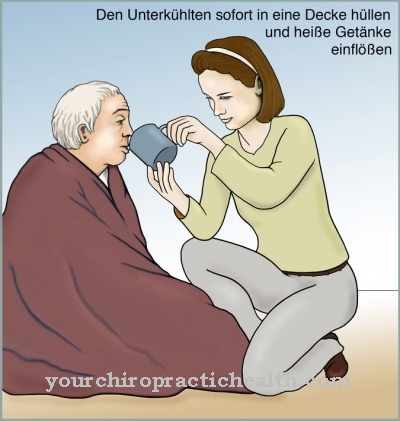
.jpg)


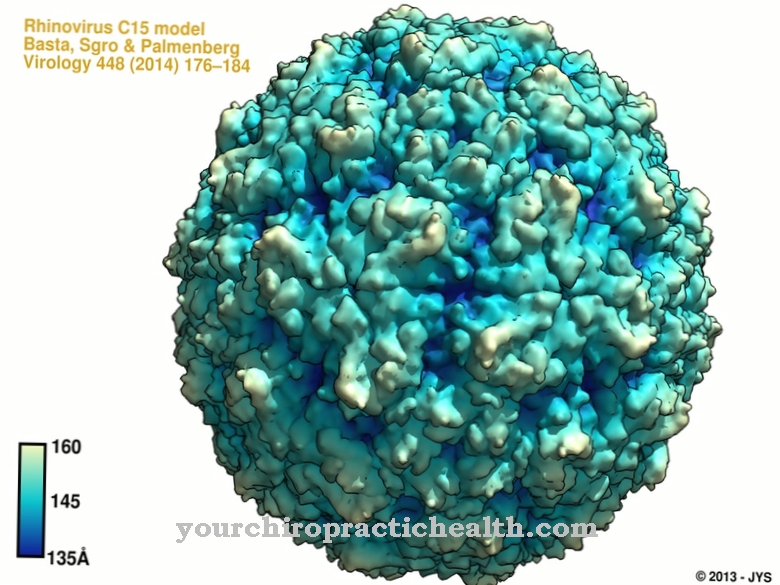
.jpg)

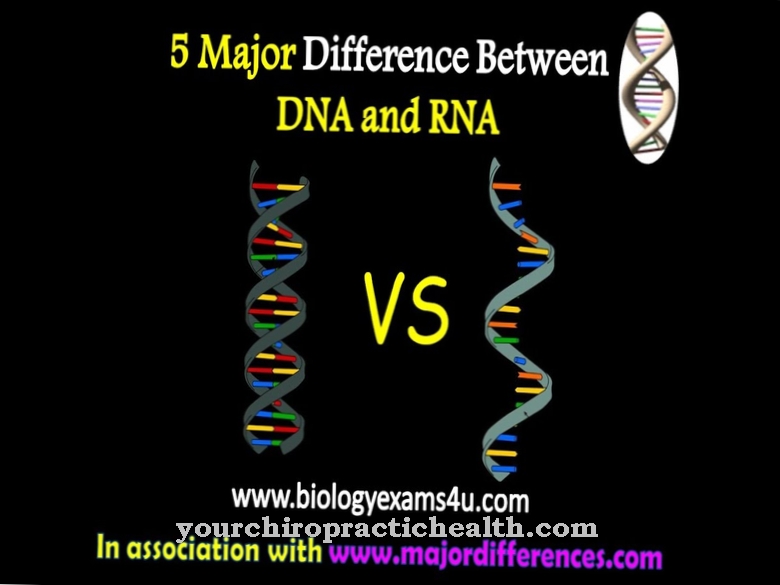

.jpg)


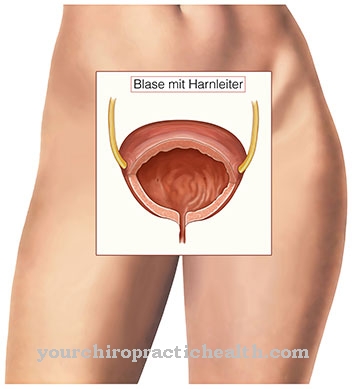

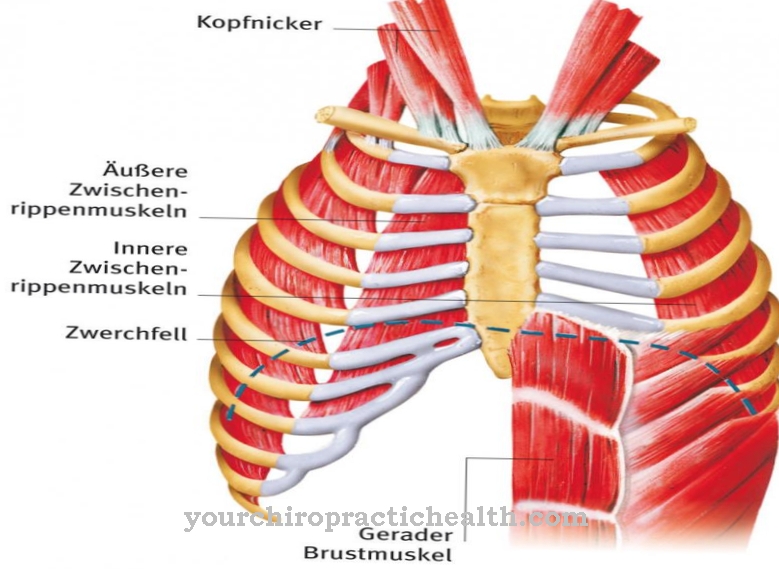

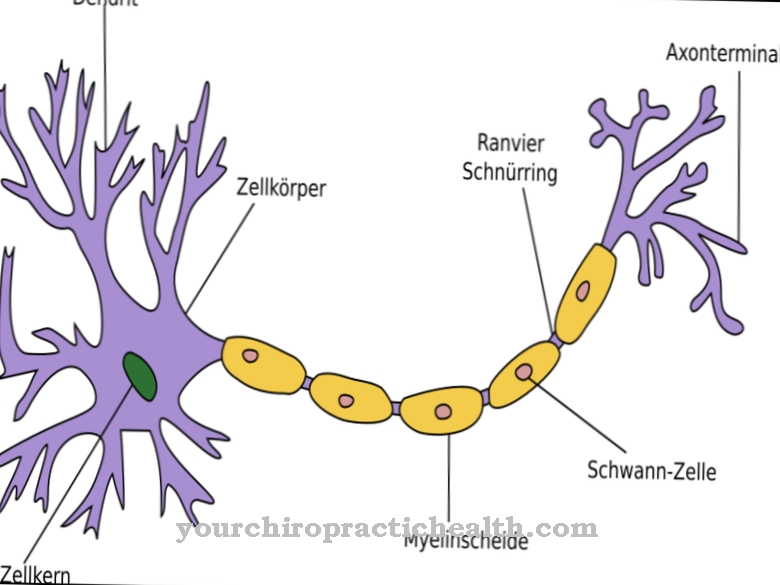
.jpg)
